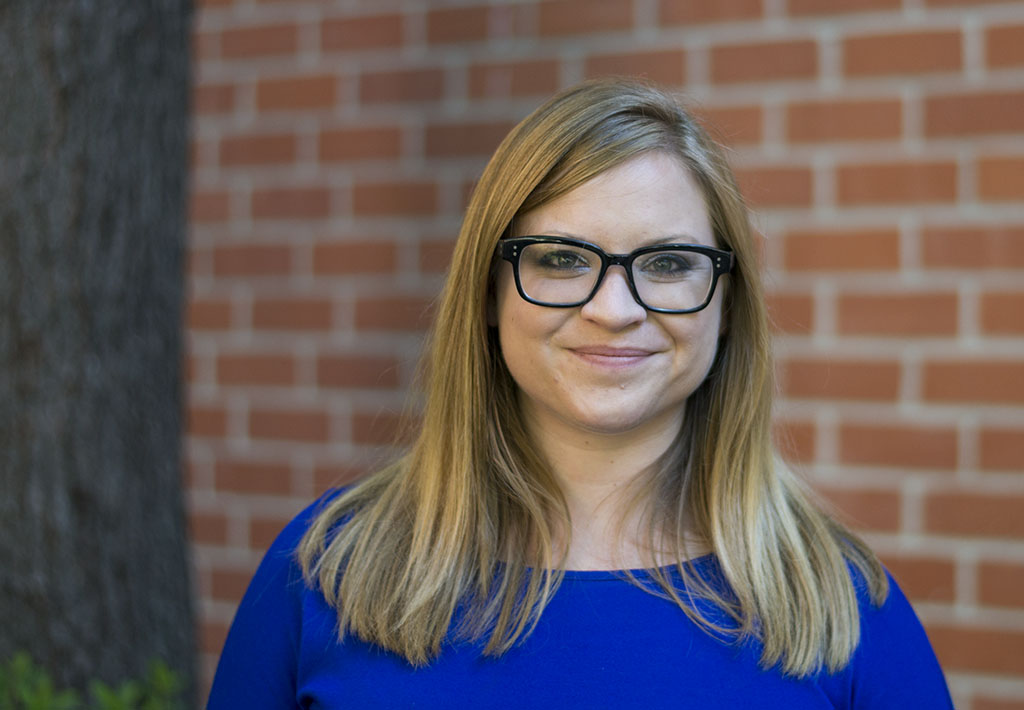
As Christians, we approach the Halloween season with awkward ambivalence, torn between harmlessness and heathenism as we decide if the toddler dressed as the devil at our front door is adorable or an abomination. Whether you partake or abstain, tension lies in the topsy-turvy nature of a holiday which renders the dead alive and the demonic desirable.
Harvest over Halloween?
I capitalize on any opportunity to wear costumes — I’m a suffragette this year — and consume lethal amounts of candy corn, but I consistently feel the need to rationalize my macabre merriment to those who observe “harvest” over Halloween. I’m no stranger to justification. In class, my favorite genre of literature to teach is Gothic: abandoned castles, imaginary monsters, murderous plots — general spookiness. The purpose of these texts isn’t necessarily to sensationalize, but to explore the nature of human fearfulness. However, much like the great Halloween debate, the question I always find myself struggling to answer is, “Should we?” How is it edifying for Christians to dwell on the subject of fear?
It can be difficult to assign value to the study of something we associate more with the struggle of sin than the celebration of salvation. We tend to herd our more “human” motivations like pleasure, desire, power and yes, fear, under the umbrella of baseness because, as a friend of mine recently suggested, we shouldn’t have them at all.
“Christ’s resurrection banished the fear of death,” he told me. “So we should live our lives fearlessly as Christians.”
“But we don’t,” I said, stupidly.
“But we should. We shouldn’t be motivated by fear.”
“But we are.”
Our conversation was frustrating because he and I were operating on two different levels — the idealistic and the realistic. He was right — idealistically. Christ’s victory over death should and does eliminate the need for fearfulness in our physical and spiritual lives. Mortal death lost all power, plus we have the promise of an eternal communion with God — not dictated by human goodness or works, but solidified by brokenness and need for salvation. There is literally no need to fear.
Hell, Harry Potter and discerning our fear
However — we do. We are fearful creatures, motivated by the threat of pain, loss or loneliness in both our interpersonal relationships as well as with God. In hindsight, we can see the theologian Jonathan Edwards’ fire and brimstone sermons were to be fear-mongering attempts to “get meat in the seats.” Really though, he shouldn’t need to appeal to our base motivation of fear. Idealistically, our love and adoration of God should be enough to motivate us toward seeking biblical truth. But let’s be realistic — we fear hell. Hell scares the, well, hell out of us.
When it comes to rationalizing the complicated relationship between faith and fear, I’ll risk introducing another Christian-dividing cultural phenomenon — Harry Potter.
Within the books, Harry has the curse of slipping into Voldemort’s mind uncontrollably — hearing his thoughts, feeling his emotions, seeing through his eyes. Professors and friends pronounce this “gift” unequivocally bad — it is unhealthy, even dangerous, as Voldemort could use the link to manipulate Harry. After failed attempts to suppress the visions, he starts to use the link to understand the nature of the enemy’s plans as well as his own weaknesses. While he knows he shouldn’t experience the visions, the reality is that he does. By the end of the series, Harry learns to approach his visions with discerning reason.
It isn’t a perfect analogy, but Harry’s relationship with these “visions” is very similar to my own human fearfulness. Like Harry, the experience is horrifying but helps me understand the power sin holds over me, emphasizing rather than diminishing my need for God. I can understand the weakest points where the enemy attacks — my spiritual vulnerabilities. I agree we shouldn’t give power to fear, but it’s pointless to ignore. Moments of fearfulness help me recognize the powerful juxtaposition of my own sinfulness and lack in the face of God’s perfect grace.
I’m not attempting to justify celebrating Halloween, studying Gothic literature or adoring the Harry Potter series — although I participate in all three. I am merely suggesting that we approach our fear reasonably and realistically, discerning between the unhealthy elements and healthy products of fear. We don’t need to fear fear!







